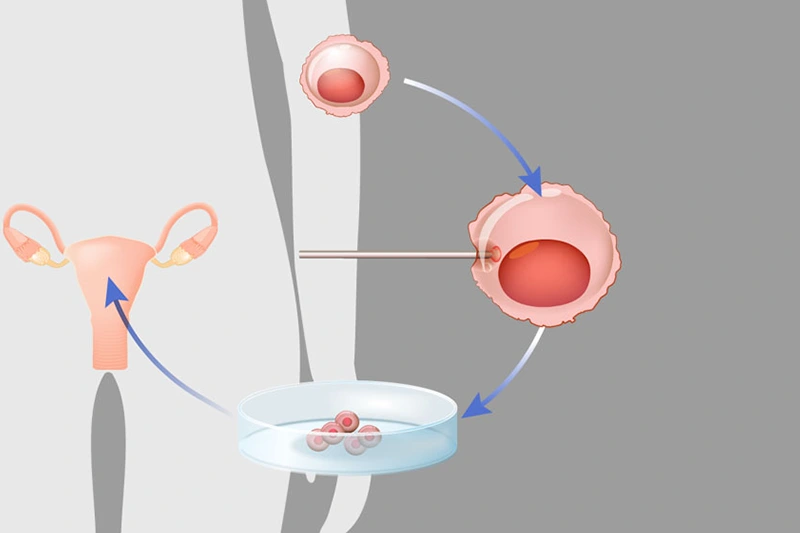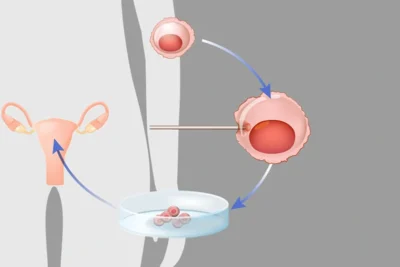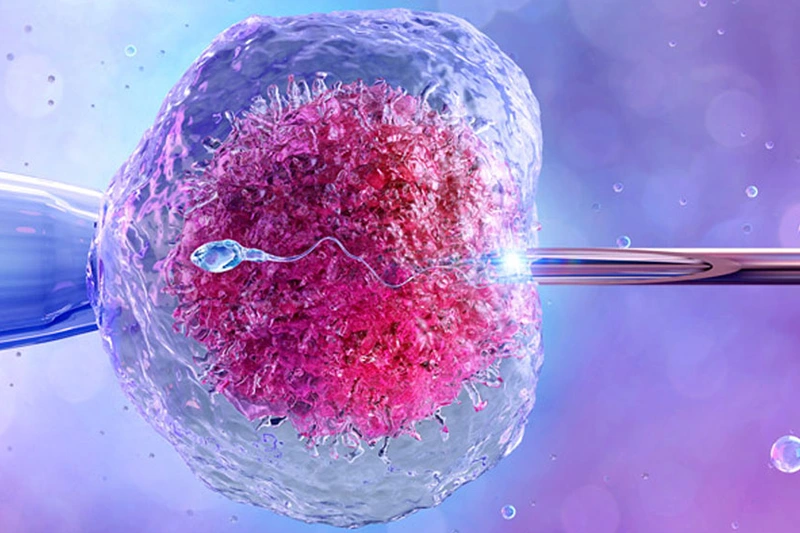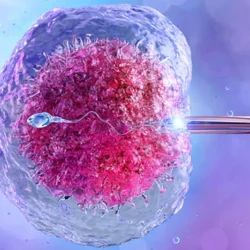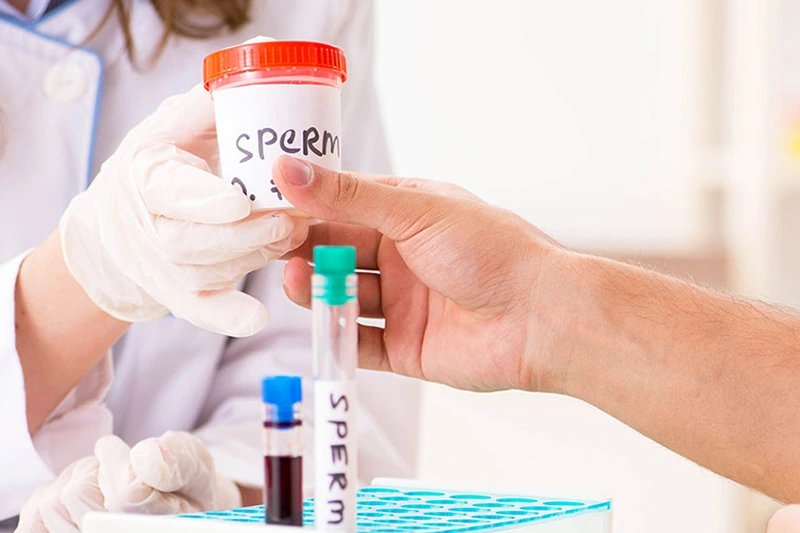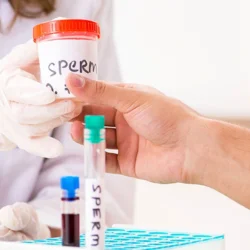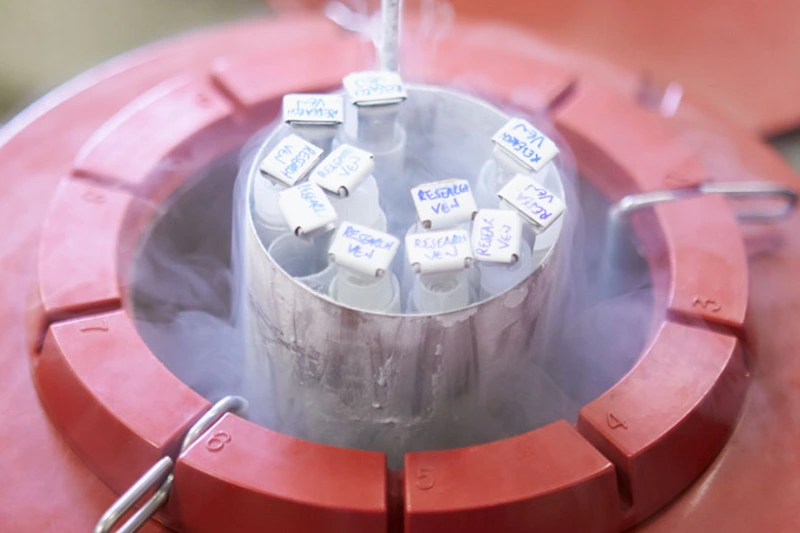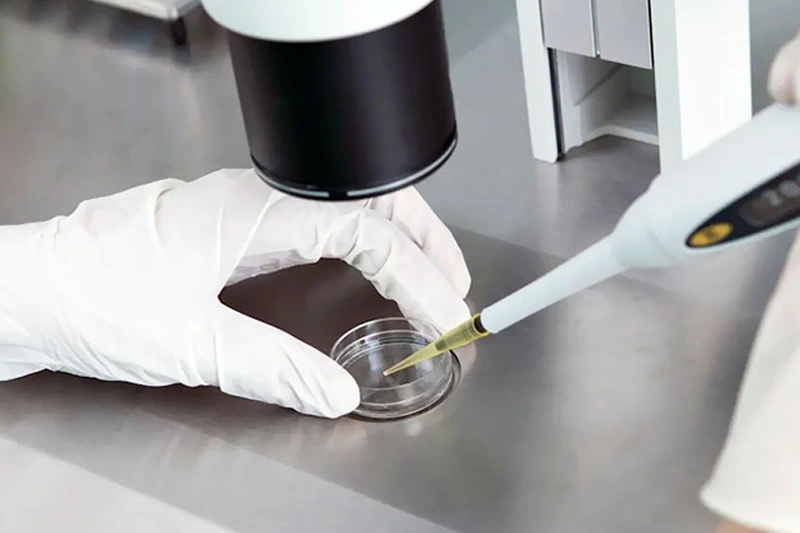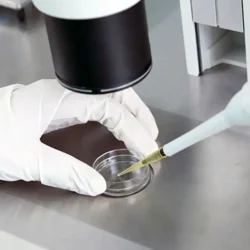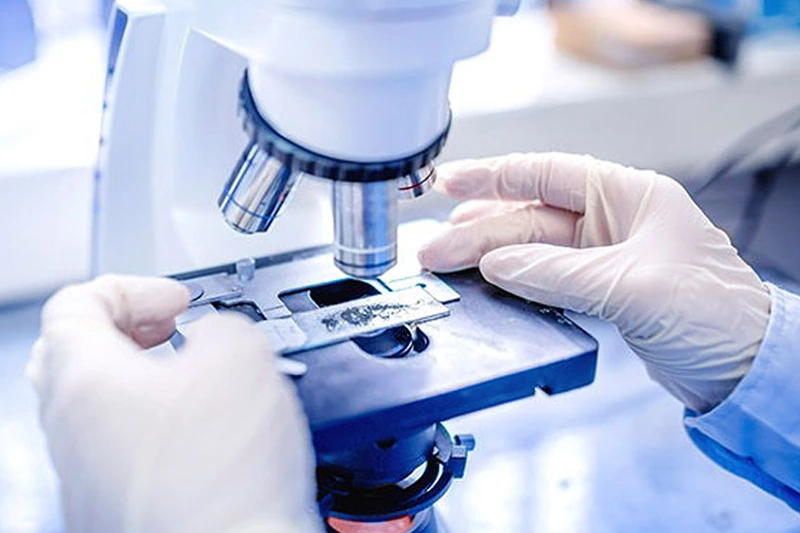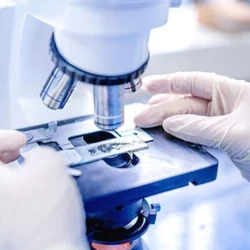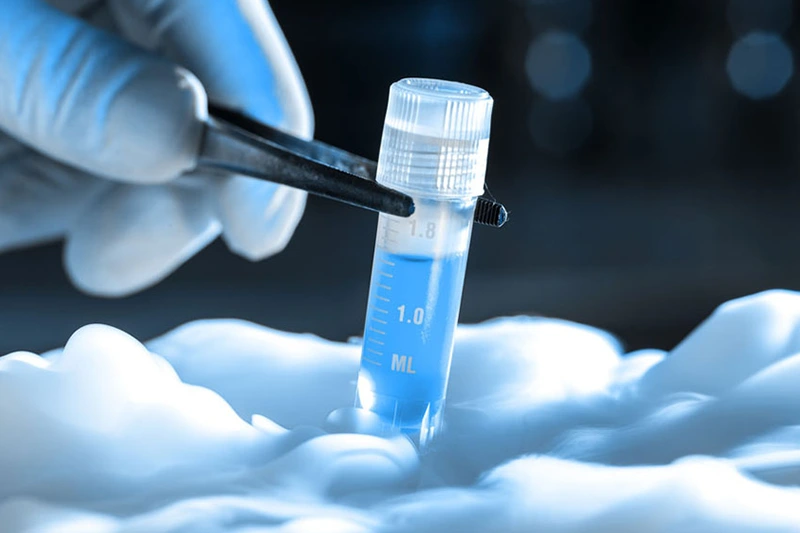Cyprus Embryo Donation
Embryo donation is the process of transferring unused embryos, which are created using reproductive technology, to another couple or individual. This method is utilized when couples or women undergoing infertility treatment are unable to conceive. Embryo donation is legally practiced in Cyprus.
How is Embryo Donation Performed in Cyprus?
Couples interested in embryo donation in Cyprus must first apply to a health institution in the country. The health institution evaluates the couple’s health status and medical history to determine if they are suitable for embryo donation. Then, donor embryos are selected and transferred to the couple.
Is Embryo Donation Legal in Cyprus?
Embryo donation is legally practiced in Cyprus. However, the donation process must meet certain conditions. Permissions for embryo donation are granted by the Ministry of Health. Additionally, couples must meet specific criteria to utilize donor embryos.
What Criteria are Required for Embryo Donation in Cyprus?
Couples seeking embryo donation in Cyprus must fulfill specific criteria, including age, health status, and medical history. They should also be psychologically prepared for embryo donation. Moreover, a certain fee must be paid for the use of donor embryos.
Debates on Embryo Donation in Cyprus
Embryo donation has been a topic of debate worldwide. While some believe that it is disrespectful to human life, others argue that it presents a significant opportunity for couples undergoing infertility treatment. Various opinions on embryo donation also exist in Cyprus, with some considering it a correct and ethical practice, while others opt for alternative methods.
Another controversial issue surrounding embryo donation is the identity of donor embryos. Some advocate for the disclosure of the donor embryos’ identity, while others believe they should remain anonymous.
Advantages of Embryo Donation in Cyprus
Embryo donation offers significant benefits for couples undergoing infertility treatment. This method provides a chance of pregnancy for women unable to conceive naturally. Embryo donation also allows the opportunity to become pregnant without exposure to the side effects of hormonal medications used in IVF treatment.
Disadvantages of Embryo Donation in Cyprus
Disadvantages related to embryo donation may include the limited number of donor embryos and the possibility of couples being incompatible with donor embryos. Furthermore, specific medical conditions must be met for the method to be successfully implemented.
In Conclusion; Embryo donation in Cyprus may be a viable option for couples undergoing infertility treatment. Although there are debates surrounding this method, it can be a source of hope for those without any chance of conception. Couples must meet specific health requirements, medical conditions, and criteria for embryo donation to be feasible.
Who are Suitable Candidates for Embryo Donation in Cyprus?
Suitable candidates for embryo donation in Cyprus are couples with conditions in the woman’s uterus that permit embryo implantation. Both male and female partners in these couples must undergo medical examinations.
Infertility issues are investigated, and their suitability for embryo donation is determined. The female partner’s uterine conditions must be conducive to embryo implantation, which may vary depending on factors such as age, hormonal status, and uterine structure.
For embryo donation to be possible, the suitability of donor embryos must also be assessed. It is essential to ensure that the donor embryos are healthy and free of specific genetic disorders. Therefore, medical centers performing embryo donation conduct necessary tests to evaluate the suitability and quality of donor embryos.
Ethical and Legal Issues Related to Embryo Donation
Embryo donation is a topic that raises ethical and legal discussions. The use of donor embryos and potential genetic and social issues that may arise bring up various ethical and legal questions.
During the embryo donation process, the identity and health status of donor embryos are predetermined. The anonymity of donor embryos and the confidentiality of their identity information are ethical and legal considerations. In some countries, anonymity is a legal requirement for donor embryos.
Embryo donation is a legally practiced treatment in Cyprus. However, legal and ethical issues that may arise during embryo donation may vary between countries. Therefore, it is important to consider the legal regulations and ethical standards in the countries where the embryo donation procedure will be performed.
In Conclusion;
Cyprus embryo donation can be a source of hope for couples undergoing infertility treatment. This method can increase the chances of pregnancy for couples who cannot conceive naturally. However, legal and ethical issues that may arise during the embryo donation procedure also bring various debates. For this reason, during the embryo donation process, attention should be paid to the health conditions and anonymity of donor embryos.
Couples wishing to have embryo donation in Cyprus need to apply to health institutions to determine whether they are medically suitable. The embryo donation procedure is performed by medical centers and generally has a high success rate. However, after the embryo donation procedure, pregnancy monitoring and the birth process should be carefully followed medically.
Embryo donation is a great source of hope for couples undergoing infertility treatment. This method can be used when in vitro fertilization and other alternative treatments have failed. Embryo donation in Cyprus can be an option for medically suitable couples. However, it is believed that legal and ethical issues related to embryo donation will continue to be debated.
